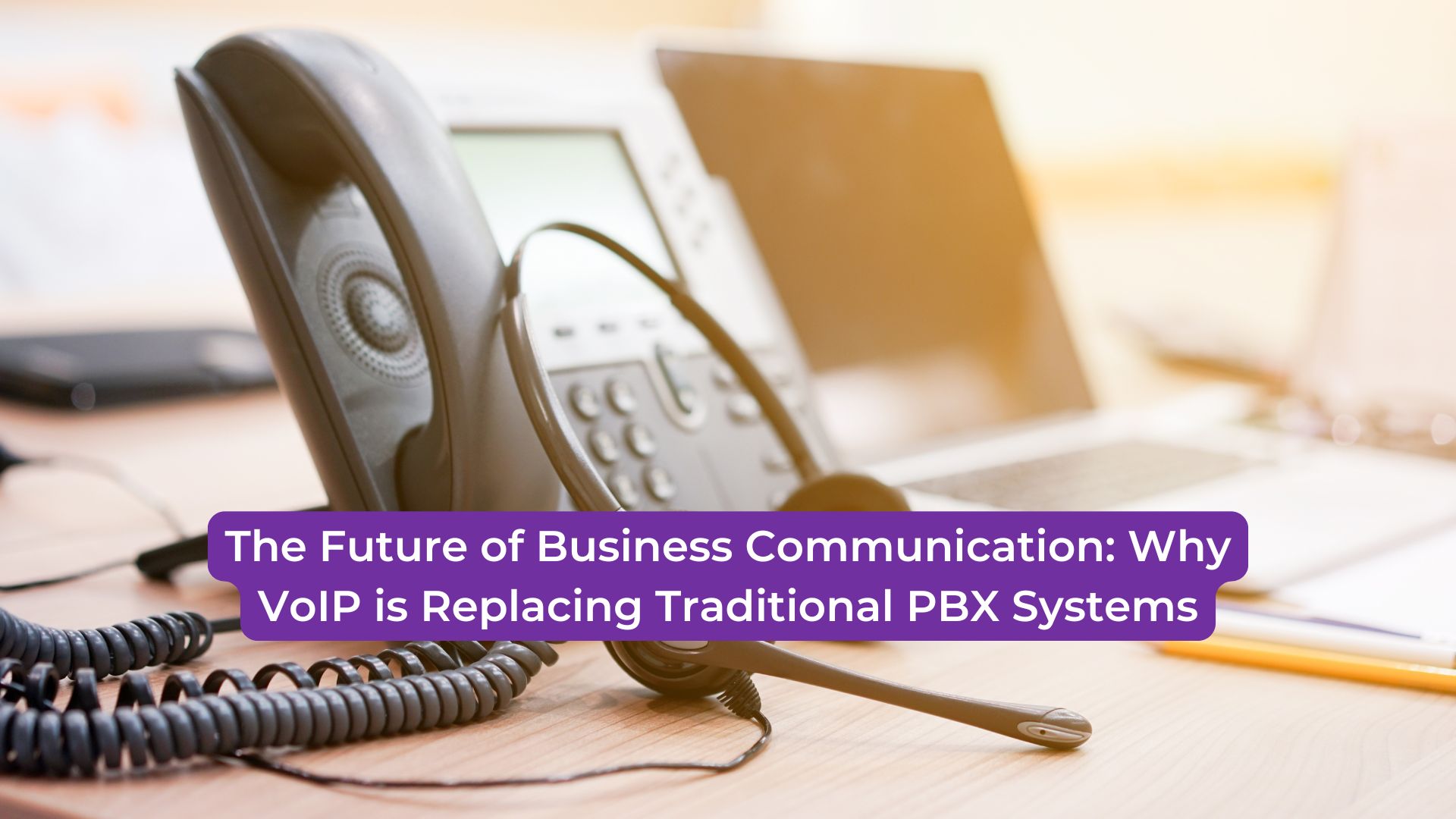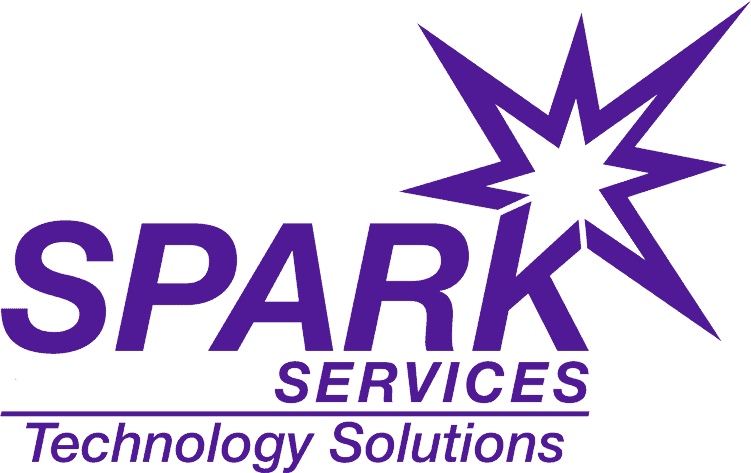
Business communication has evolved dramatically over the past decade. Companies once relied heavily on traditional PBX systems for their phone infrastructure.
But today, a new era has begun, one where VoIP (Voice over Internet Protocol) is rapidly becoming the standard. As organizations look to improve efficiency, reduce costs, and scale flexibly, the rise of VoIP is no longer a trend; it’s the future.
What Are Traditional PBX Systems?
PBX (Private Branch Exchange) systems were once the backbone of business telephony. They connected office phones to one another and to external lines, allowing companies to manage calls internally. While reliable, these systems were costly to install, maintain, and upgrade. Businesses had to invest in on-site hardware, technicians, and physical wiring, which made scaling operations difficult.
Why VoIP Is Taking Over
1. Cost Savings
One of the main reasons VoIP is replacing traditional PBX systems is cost efficiency. With VoIP, calls are transmitted via the internet, eliminating the need for expensive hardware and dedicated phone lines. Companies only need an internet connection, drastically cutting installation and maintenance expenses.
2. Scalability and Flexibility
Scaling a traditional PBX system meant purchasing new hardware and reconfiguring networks. In contrast, VoIP allows businesses to add or remove lines instantly. Remote workers, satellite offices, and global teams can all be integrated seamlessly, making VoIP the perfect fit for modern hybrid work environments.
3. Advanced Features
VoIP platforms don’t just replicate PBX systems, they improve upon them. Businesses gain access to features such as call forwarding, voicemail-to-email, auto attendants, video conferencing, and integration with CRM systems. These tools empower teams to communicate more effectively across departments and time zones.
4. Remote and Mobile Workforce
Traditional PBX systems were tied to physical offices, limiting communication for remote workers. VoIP has broken this barrier. Employees can make and receive calls from their laptops, smartphones, or tablets anywhere in the world, as long as they have internet access. This mobility is crucial in a global economy where flexible work arrangements are becoming the norm.
5. Reliability and Security
Early critics of VoIP worried about call quality and reliability. However, today’s VoIP systems have matured significantly. With modern bandwidth capacity and security protocols, VoIP offers crystal-clear audio and built-in safeguards against data breaches. This reliability positions VoIP as a secure and dependable communication solution for businesses of all sizes.
6. Integration with Digital Ecosystems
Modern businesses rely on digital tools such as project management software, CRMs, and collaboration apps. VoIP integrates smoothly with these platforms, creating a unified communication environment. Traditional PBX systems cannot match this level of interoperability, which is why organizations are making the switch.
Future Outlook: VoIP as the Standard
The rapid adoption of VoIP indicates where the future is headed. Analysts predict that traditional PBX systems will continue to decline as businesses seek innovative, cloud-based alternatives. VoIP is not just about making calls; it’s about transforming communication into a fully integrated, digital-first experience.
Companies that fail to adapt may find themselves locked into outdated systems that hinder collaboration, growth, and customer engagement. On the other hand, those who embrace VoIP will enjoy improved flexibility, significant cost savings, and the ability to keep pace with technological advancements.
Conclusion: Partnering with SPARK Services
The future of business communication is clear, VoIP is replacing traditional PBX systems and reshaping the way companies connect internally and externally.
If you’re considering making the switch, SPARK Services can help. With expertise in modern communication technologies, SPARK Services ensures a seamless transition from outdated PBX systems to a powerful VoIP solution tailored to your business needs.
It’s time to move beyond the limitations of the past and embrace the future of communication with SPARK Services.



